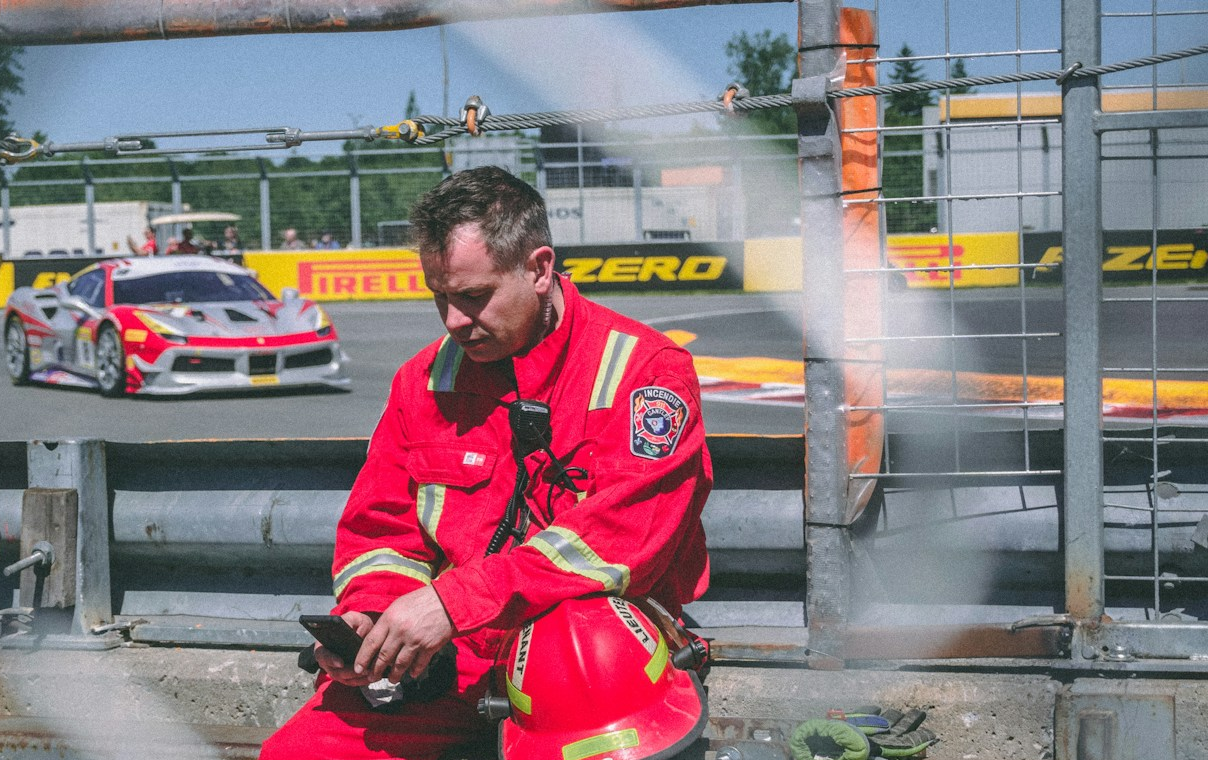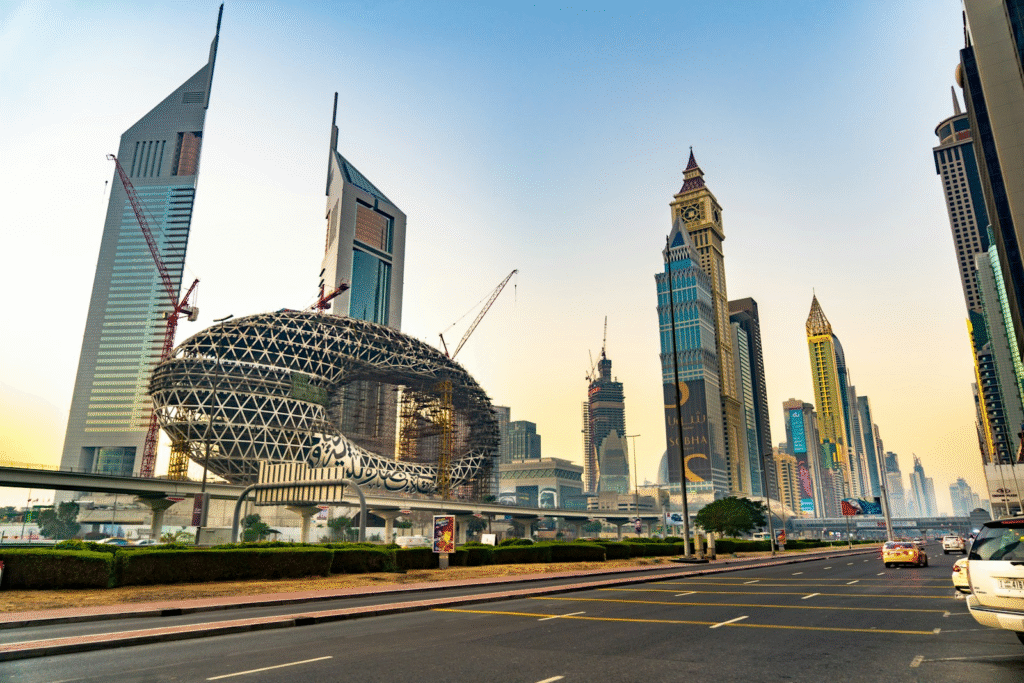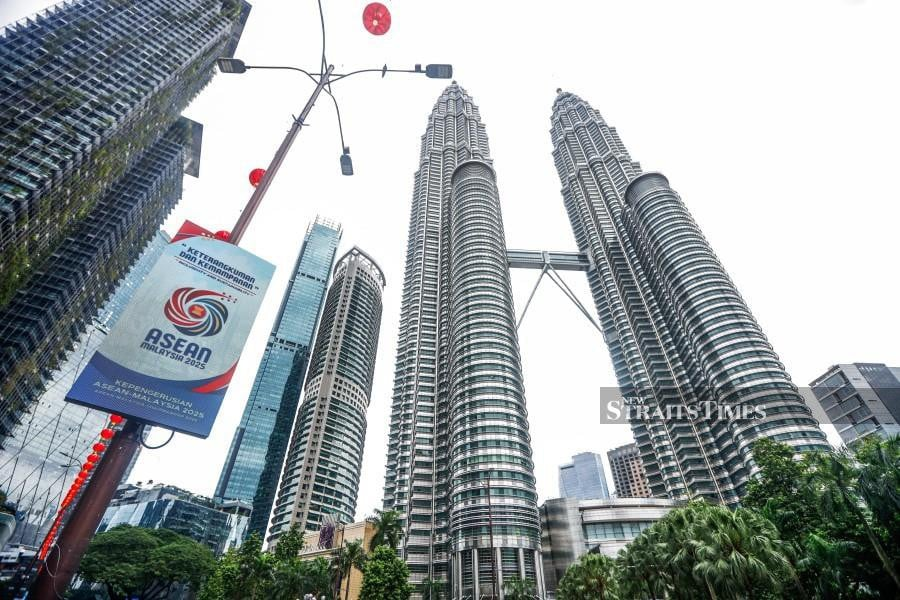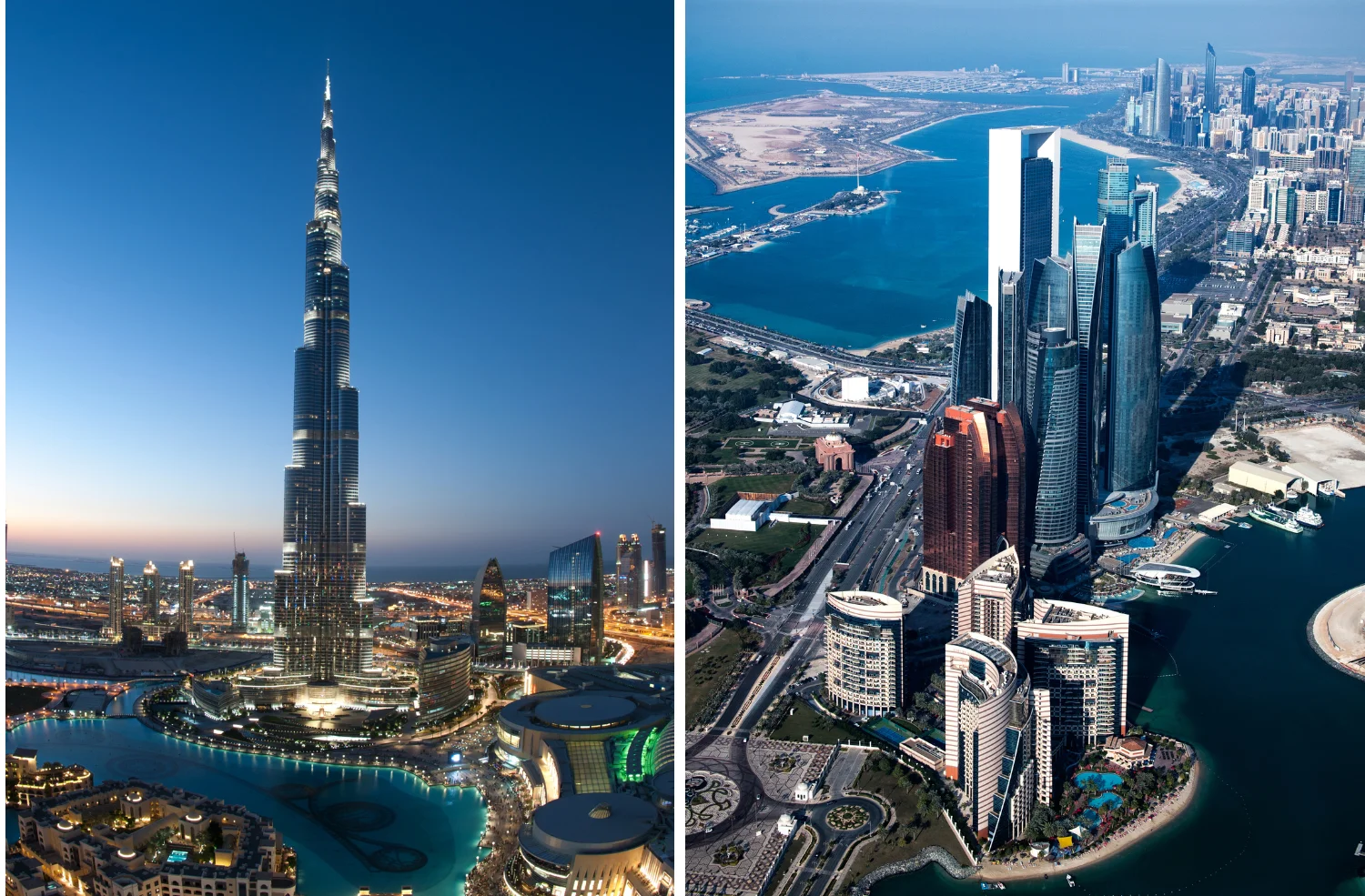Now Reading: Inside UAE’s Powerful Disaster Management System: Safe, Smart, Ready Always 2026!
-
01
Inside UAE’s Powerful Disaster Management System: Safe, Smart, Ready Always 2026!
Inside UAE’s Powerful Disaster Management System: Safe, Smart, Ready Always 2026!

Table of Contents
The United Arab Emirates (UAE) is known for its tall skyscrapers, desert beauty, and modern lifestyle. But there is one area where the country shines quietly—disaster management. With natural and man-made risks rising globally, the UAE has built one of the most effective disaster management systems in the region.
From floods to earthquakes, fires to pandemics, the UAE plans, prepares, and protects its people through smart technology, quick emergency services, and strong national strategies. Let’s explore how the UAE manages disasters, ensures public safety, and becomes an example for the world.
Why Disaster Management Matters in the UAE

The UAE may seem like a safe and peaceful country, but it is not free from risks. Here are some challenges the country faces:
- Flash floods in desert areas after heavy rains
- Earthquakes, especially near the eastern coast
- Fires in high-rise buildings and construction sites
- Pandemics and health emergencies, such as COVID-19
- Industrial and transport accidents in busy cities like Dubai and Abu Dhabi
These risks make disaster management very important. A single disaster can damage lives, property, and the economy. That is why the UAE government has made this area a national priority.
Smart Technology: The UAE’s Secret Weapon
One of the UAE’s biggest strengths is its use of modern technology to predict, monitor, and manage disasters.
- Early Warning Systems
The UAE uses satellite systems, weather radars, and data networks to warn people before disasters happen. For example, before heavy rain or floods, government alerts are sent to residents by SMS and social media. - Artificial Intelligence (AI)
Dubai’s “Smart City” plan includes AI tools that can predict traffic accidents, fires, or weather-related problems. These systems help emergency teams act faster. - Surveillance Drones
During emergencies such as fires or floods, drones are used to check affected areas. They provide live images to disaster response teams to plan safe rescue operations.
National Emergency Crisis and Disaster Management Authority (NCEMA)
The main agency behind disaster management in the UAE is the National Emergency Crisis and Disaster Management Authority (NCEMA). This body creates the policies and coordinates with local governments, police, hospitals, and military forces to ensure a quick, organized response.
Key Roles of NCEMA:
- Planning and preparing for disasters
- Running national emergency drills
- Educating the public on safety measures
- Connecting with global disaster agencies for best practices
NCEMA’s efforts during the COVID-19 pandemic were praised for being fast and strict, which helped reduce infections compared to many other countries.
Disaster Management at the City Level
Each emirate (Dubai, Abu Dhabi, Sharjah, etc.) has its own local disaster response teams that work under NCEMA’s guidance.
- Dubai Civil Defence (DCD) is famous for its rapid response to building fires.
- Abu Dhabi Police runs 24/7 emergency hotlines and smart patrol units.
- Sharjah Disaster Management Team focuses on flood control and public health emergencies.
These teams conduct drills in shopping malls, airports, and schools so that both the public and staff know what to do when disaster strikes.
Public Awareness and Training
Technology alone cannot save lives—public awareness is the key. The UAE government runs many campaigns to teach people how to act during emergencies.
- Free mobile apps such as “UAE Safe” and “Dubai Police” give safety tips and instant updates.
- Schools and offices organize fire drills and safety workshops.
- Social media plays a big role in spreading disaster warnings quickly.
During the 2024 floods in Dubai, these systems helped thousands of residents move to safe places before roads and buildings were flooded.
International Cooperation
The UAE also helps other countries during disasters. In 2023, the UAE sent emergency aid to Turkey after its deadly earthquake and also supported relief missions in Sudan and Libya.
This global cooperation makes the UAE not just a safe country at home, but also a responsible global partner in disaster management.
Challenges Still Remain

While the UAE is a leader in disaster management, some challenges remain:
- Climate change is causing more unpredictable weather.
- Rapid urban growth means more people and buildings are at risk.
- The need for constant updates in technology and training is never-ending.
However, the government has recognized these risks and is planning to invest more in climate-proof infrastructure, better urban planning, and international partnerships.
Conclusion: UAE Sets an Example for the World
In a time when disasters are becoming more common worldwide, the UAE’s careful and smart approach to disaster management is a model for other nations. Its focus on technology, public safety, training, and international support makes the country ready for any crisis—natural or man-made.
As long as the UAE continues to improve its systems, its people and visitors can feel safe knowing that every possible effort is being made to protect lives and property.
Read More:- “Tragedy in Dubai: Kerala Engineer Dies During Scuba Diving Trip”





















